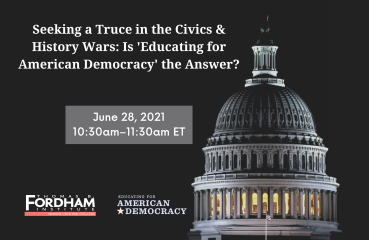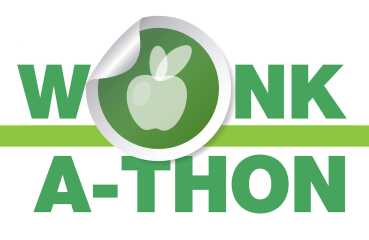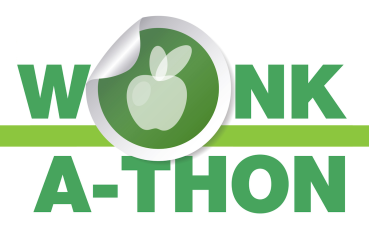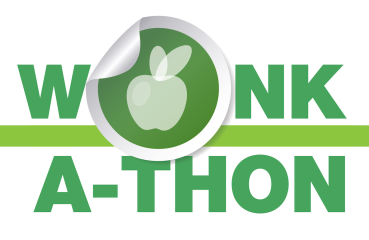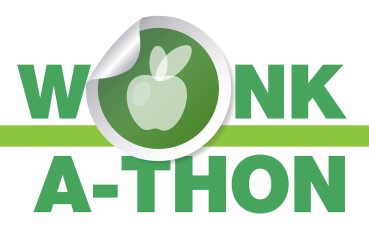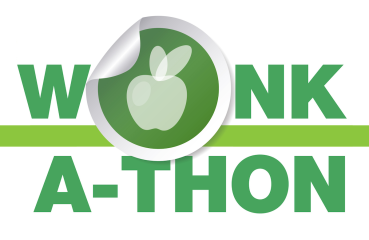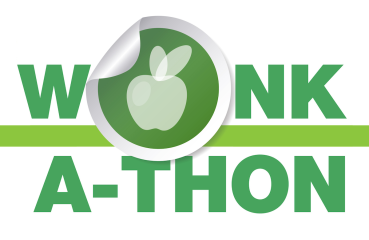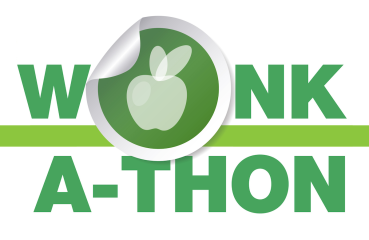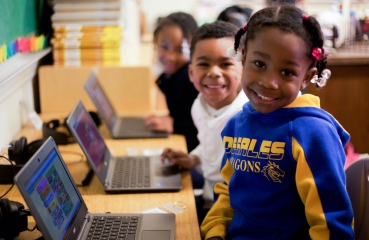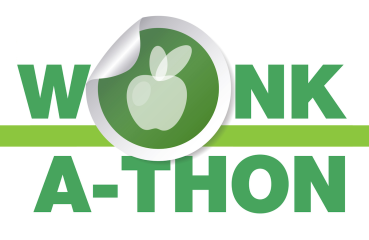What we're reading this week: June 10, 2021
The Education GadflyA defense of the Educating for American Democracy proposal —National Review New data reveal a 432-hour in-person learning gap produced by “the politics of pandemic schooling.” —
The recovery plans we need and how to develop them
Emily FreitagA few months ago I shared some reflections from Race to the Top and implications for this moment. As I am now supporting a number of state and district planning processes, the macro lessons hold true but I am struck by the degree of difficulty of the present task:
President Biden’s $220,000,000,000 “American Family Plan” should also pivot home
Miriam Kurtzig FreedmanSitting on a Boston city bus, I watched a mother with a young child. For the twenty-five-minute ride, they didn’t speak a word. No “Look at that little girl on the bicycle” or “We’re having pizza for dinner!” When you’re with a young child for that long, do you talk to her?
Seeking a Truce in the Civics & History Wars: Is 'Educating for American Democracy' the Answer?
Like the cicadas now infesting the mid-Atlantic, debates over how to present American history and civics to our children come around with striking regularity. In the early 1990s, the focus was on proposed national standards for U.S. history, which the Senate eventually condemned with a vote of 99–1. A few years ago, the dust-up was over the Advanced Placement U.S. History course.
Wonkathon 2021: Addressing students’ mental health needs coming out of the pandemic
The Education GadflyThis year’s Wonkathon is over, and the results are in! 2021’s Wisest Wonk:
Charter schools at 30: Looking back, looking ahead
Chester E. Finn, Jr., Bruno V. MannoToday, forty-four states—plus the District of Columbia, Puerto Rico, and Guam—have public charter school laws on their statute books, laws that have led to more than 7,500 schools employing 200,000-plus teachers and serving 3.3 million students.
Tennessee’s excellent plan to address unfinished learning
Dale ChuNearly three months have passed since the third round of ESSER funding was signed into law as part of the American Rescue Plan (ARP). These dollars can be used for almost anything under the education sun, and most of them will flow directly to districts, but the limited set aside for states merits attention if only for the staggering scale of Uncle Sam’s total outlay.
Zombie ideas in education
Bryan GoodwinEditor’s note: This was first published in Educational Leadership.
The Education Gadfly Show #772: What’s going to happen to the NAEP reading test?
What we're reading this week: June 3, 2021
The Education GadflyA RAND report finds that fully remote students were more likely to fail courses and be absent than peers who attended in person, among other adverse effects. —Education Week Forbidding remote learning: Why some schools won’t offer a virtual option this fall.
Fast break: Instilling emotional safety and engaged learning in high schools
Barry E. Stern, Ph.D.Editor’s note: This essay is an entry in Fordham’s 2021 Wonkathon, which asked contributors to address a fundamental and challenging question: “How can schools best address students’ mental health needs coming out of the Covid-19 pandemic without shortchanging academic instruction?”
A student-centric school design must be the rule if we are to build sustainable support for children, families, and educators
Shelton L. JefferiesEditor’s note: This essay is an entry in Fordham’s 2021 Wonkathon, which asked contributors to address a fundamental and challenging question: “How can schools best address students’ mental health needs coming out of the Covid-19 pandemic without shortchanging academic instruction?”
Partnering with culturally-specific community organizations to provide consistent, expansive, and adaptive mental health services
Christine Pitts, Elizabeth GilkeyEditor’s note: This essay is an entry in Fordham’s 2021 Wonkathon, which asked contributors to address a fundamental and challenging question: “How can schools best address students’ mental health needs coming out of the Covid-19 pandemic without shortchanging academic instruction?”
SEL for all begins with SEL for educators
Sulina Mohanty, Genesis KellerEditor’s note: This essay is an entry in Fordham’s 2021 Wonkathon, which asked contributors to address a fundamental and challenging question: “How can schools best address students’ mental health needs coming out of the Covid-19 pandemic without shortchanging academic instruction?”
The common ground on race and education that’s hiding in plain sight
Michael J. PetrilliIn the latest skirmishes in education’s never-ending culture wars—the tussles over critical race theory, “anti-racist” education, and diversity, equity, and inclusion in the classroom—common ground is there to be found. Here, for example, are five promising and praiseworthy practices that most of us could get behind, regardless of our politics or our views on other issues, while doing a lot of good for millions of kids.
To address mental health, think systemically about social, emotional, and academic learning
Justina SchlundEditor’s note: This was the third-place submission, out of twenty-five, in Fordham’s 2021 Wonkathon, in which we asked participants to answer the question, “How can sc
A new look at the question of the effectiveness of school turnarounds
Amber M. Northern, Ph.D.Turnaround efforts for low performing schools have been the subject of research interest since their advent in the No Child Left Behind era.
How remote instruction affected learning at the college level
Jeff MurrayStories of successful remote teaching and learning experiences during the pandemic are heartening. But more and better data around those successes are required.
The Education Gadfly Show #771: Same old, same old: How districts are spending federal relief dollars (so far)
What we're reading this week: May 27, 2021
The Education GadflySchools are struggling to entice students to return to classrooms and build trust with parents from low-income families.
We need to admit that school is alienating
Jeff McGuireEditor’s note: This was the second-place submission, out of twenty-five, in Fordham’s 2021 Wonkathon, in which we asked participants to answer the question, “How can schools best address students’ mental-health needs coming out of the
Choosing “all of the above” serves all
Dr. Alex Casillas, Dr. Bonnie A. HainHow can schools best address students’ mental health needs coming out of the Covid-19 pandemic without shortchanging academic instruction? Question #1: Schools can best address the needs of whole learners coming out of the Covid-19 pandemic by:
Relationships are where learning happens
Jennifer L. SteeleEditor’s note: This essay is an entry in Fordham’s 2021 Wonkathon, which asked contributors to address a fundamental and challenging question: “How can schools best address students’ mental health needs coming out of the Covid-19 pandemic without shortchanging academic instruction?”
Lessons learned from 10 years of pioneering blended learning
Jeff Kerscher, Emily GilbrideIn 1908, the Ford Motor Company unveiled the Model T and introduced a reliable, affordable automobile for the middle class. While revolutionary, the Model T also took twelve hours and 7,882 tasks to assemble 1,481 parts, and increased production time meant increased costs. In 1913, Ford introduced an assembly line and cut production to ninety-three minutes.
Reimagining teacher teams to address students’ mental health
Angela JerabekEditor’s note: This was the first-place submission, out of twenty-five, in Fordham’s 2021 Wonkathon, in which we asked participants to answer the question, “How can schools best address students’ mental-health needs coming out of the Covid-19 pandemic without shortchanging academic instruction?”
How schools can establish a culture and instructional strategies that benefit all students
Laurie GardnerEditor’s note: This essay is an entry in Fordham’s 2021 Wonkathon, which asked contributors to address a fundamental and challenging question: “How can schools best address students’ mental health needs coming out of the Covid-19 pandemic without shortchanging academic instruction?”





